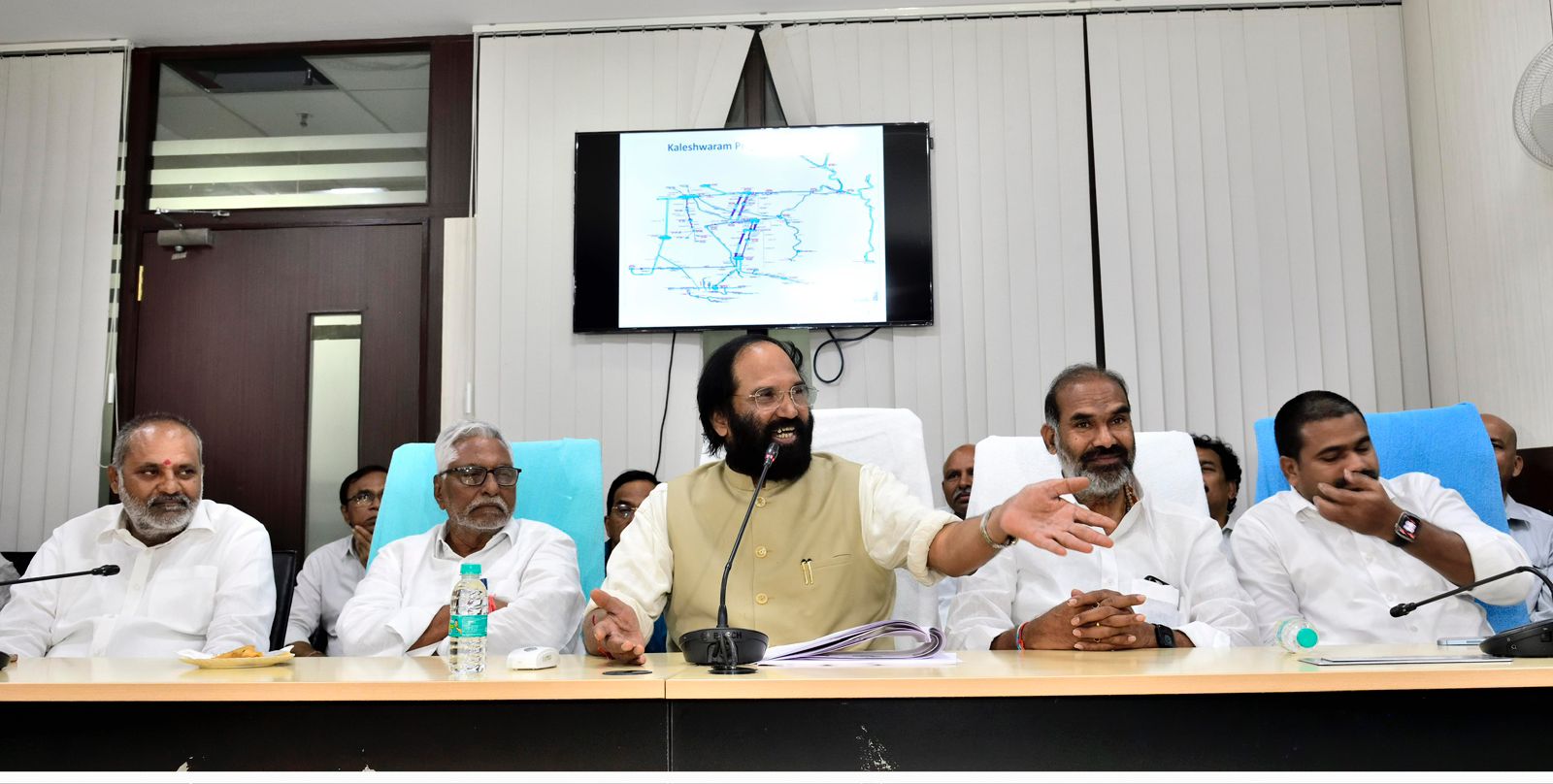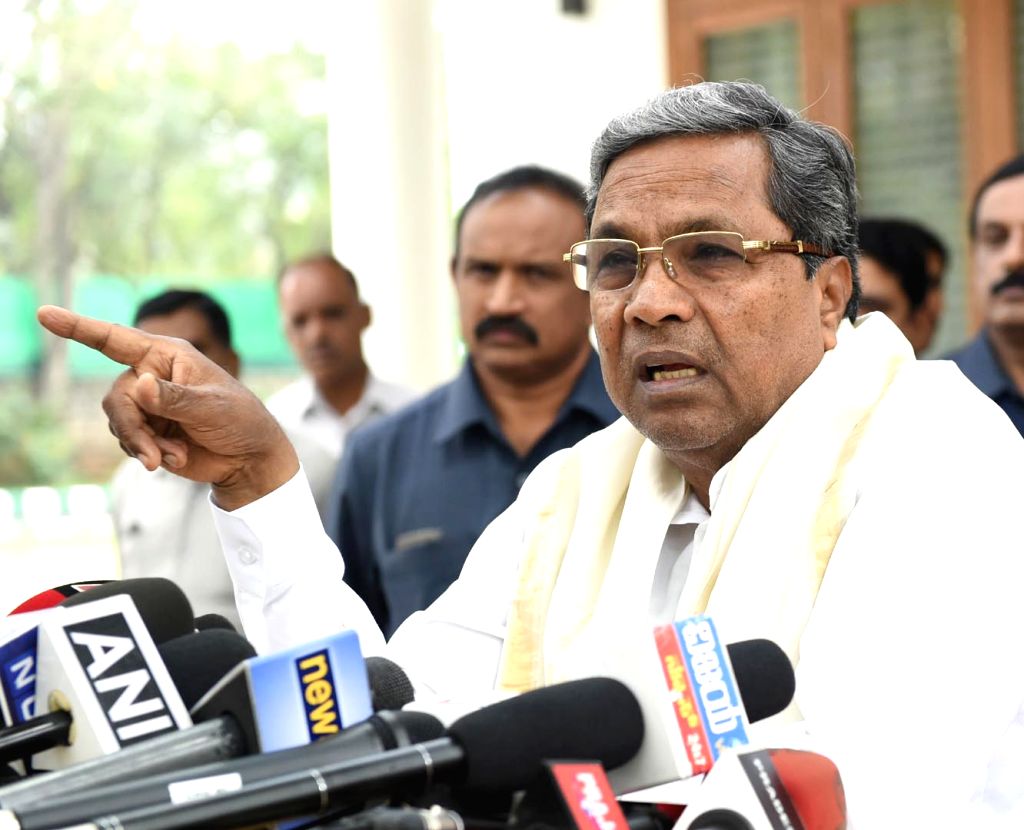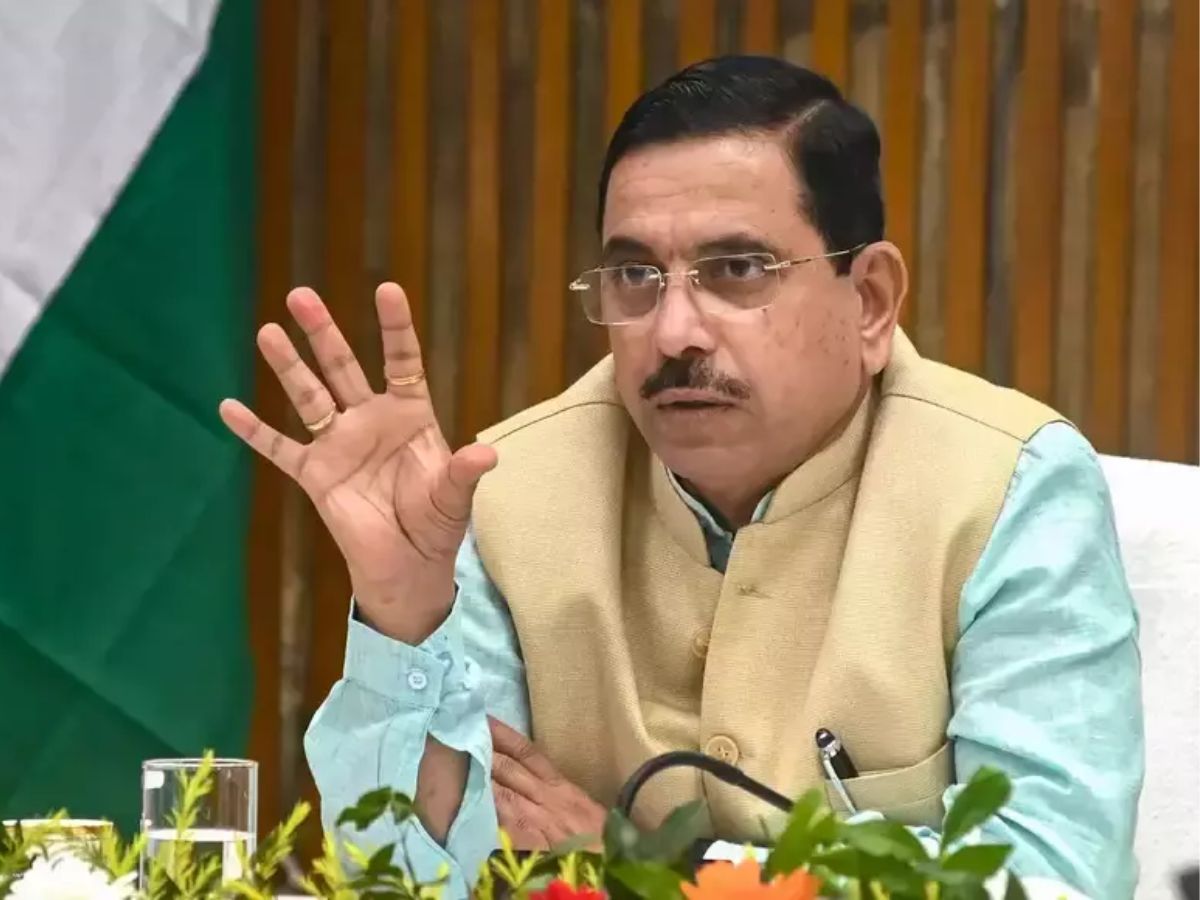Israel-Hamas conflict: India says none should compromise on terrorism,

New Delhi: At a BRICS meeting convened to discuss the Israel-Hamas conflict, India on Tuesday said the immediate crisis was triggered by a terrorist attack and none should compromise where terrorism is concerned, even as it called for addressing concerns of Palestinians and stressed the two-state solution.
External Affairs Minister S Jaishankar, who addressed the virtual meeting on behalf of Prime Minister Narendra Modi, also pointed out that in response to the crisis in Gaza, India has sent 70 tonnes of humanitarian assistance and will continue its relief assistance.
“The ongoing Israel-Hamas conflict in Gaza is causing immense human suffering, including to civilians, elderly, women and children. We welcome all efforts of the international community towards de-escalation. Right now there is an urgent need to ensure that humanitarian aid and relief, effectively and safely reach the population of Gaza,” Jaishankar said at the meeting hosted by South African President Cyril Ramaphosa and attended by Russian President Vladimir Putin, Chinese President Xi Jinping, Brazilian President Luiz Inácio Lula da Silva and Egyptian President Abdel Fattah al-Sisi, among others.
Stating that “there is an urgent need to ensure that humanitarian aid and relief effectively and safely reach the population of Gaza”, India Tuesday underlined that “hostage taking is equally unacceptable and cannot be condoned”.
Spelling out the Indian position on “the deeply concerning situation in the Middle East, with a particular focus on Gaza”, External Affairs Minister S Jaishankar told the BRICS leaders’ summit – he stepped in for Prime Minister Narendra Modi who was unable to join the virtual meeting convened by South Africa – that “the ongoing Israel-Hamas conflict in Gaza is causing immense human suffering, including to civilians, elderly, women and children. We welcome all efforts of the international community towards de-escalation.”
“Right now, there is an urgent need to ensure that humanitarian aid and relief effectively and safely reach the population of Gaza. It is also imperative that all hostages are released. We believe that there is a universal obligation to observe international humanitarian law,” he said.
“We are all aware that the immediate crisis was triggered by the terrorist attack of October 7. Where terrorism itself is concerned, none of us should or can compromise with it. Hostage-taking is equally unacceptable and cannot be condoned. Subsequent developments have deepened our concern even more as we witness large-scale civilian casualties and a humanitarian crisis. We strongly condemn any death of civilians.”
“Along with the need for restraint and immediate humanitarian support, India also emphasizes peaceful resolution of conflicts through dialogue and diplomacy,” he said.
Reminding the gathering that Prime Minister Modi has spoken to several leaders in the region and across the world in this context, Jaishankar said Modi has highlighted the need to create conditions for peace and restart direct and meaningful peace negotiations.
“We believe that the concerns of the Palestinian people must be addressed seriously and sustainably. This can only happen with a two-state solution that is based on peaceful co-existence. We have been consistently supportive of international efforts towards this end,” he said.
“Over the years, India has supported the socio-economic welfare of the Palestinian people and strengthening of their national institutions. Our development partnership is geared towards these objectives. We continue to assist both bilaterally and through the UN,” he said.
He then elaborated on the Indian economic assistance to Palestine, developmental projects there and financial support to the Palestinian Authority. India remains supportive of the UN Relief and Welfare Agency’s (UNRWA) role and has been contributing USD 5 million annually, he said.
In response to the crisis in Gaza, India has also sent 70 tonnes of humanitarian assistance including 16.5 tonnes of medicines and medical supplies. “We thank Egypt for facilitating this delivery. Our relief assistance will continue,” he said.
“The international community is today facing a very complex situation that has many dimensions. We have to address them all; and yet, have to prioritize. Our endeavor should be to both make a difference on the ground immediately while also creating conditions for lasting solutions,” he said.
Earlier in the day, Jaishankar had made similar remarks. With Australian Foreign Minister Penny Wong by his side after their bilateral meeting, he said, “There are different aspects of the very complex and challenging situation that we face today. One, of course, is terrorism. What happened on October 7, and we think nationally, as well as the international community that we should never compromise on terrorism… We should be very clear about it.” He said the issue of hostages is included in this aspect.
“There is a second set of issues and this is the humanitarian crisis that we see in Gaza today. The need for humanitarian assistance is very urgent, and observance of international humanitarian law,” he said. India has sent two batches of humanitarian aid so far.
“The third set of issues relates to the rights and the future of the Palestinians. That too, has to have a solution. And that solution, in our view, and in the view of many countries in the world, can only come from a two-state solution. So today I would say, the… the situation in West Asia, you have these three broad sets of issues. We have to find a way by which all of them are addressed.”
Wong said the humanitarian situation in Gaza is “dire”, “catastrophic” and “human suffering is widespread”.
“We share the view that what occurred on October 7 was an act of terrorism and it needs to be unequivocally condemned. We share the view that the hostages should be released and we repeat our call for that,” she said.




